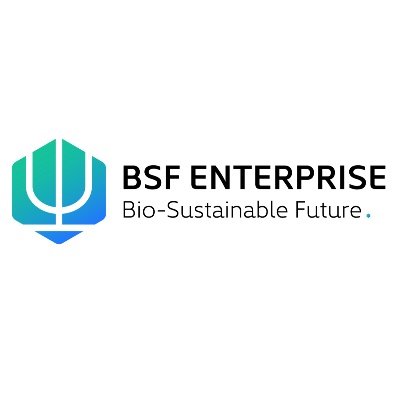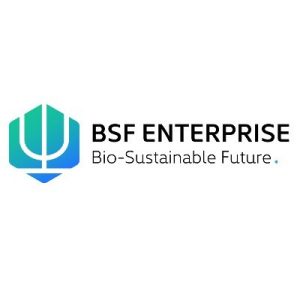As COP 29 unfolds, there is growing hope that cultivated meat may finally gain the essential financial and regulatory support needed to achieve scalability and commercial success. Che Connon, managing director of BSF Enterprise and CEO of 3D Bio Tissues, highlights this summit as a crucial moment to propel the sector forward. With cultivated meat companies improving production processes and cost-efficiency, the event could be a turning point in ensuring a sustainable food future.
This year’s conference, running from 11 to 22 November, focuses on climate finance as a key driver for achieving net zero. Among its objectives is the transformation of food systems, an essential component in addressing the environmental toll of traditional meat production. Replacing conventional methods with sustainable alternatives has the potential to drastically reduce greenhouse gas emissions, land and water use, and energy consumption, while also mitigating deforestation and antibiotic resistance. Moreover, the shift could spare billions of animals from inhumane farming practices.
However, two significant hurdles remain for the cultivated meat industry: scaling up production to meet commercial demands and reducing costs to make products affordable. Governments worldwide are laying the groundwork with regulatory frameworks, but the true challenge lies in delivering these products at scale. External funding from venture capital, industry partnerships, academia, and retail markets is critical to this effort. While public funding often lags, private finance offers the adaptability and innovation necessary to advance the sector.
Investment confidence has suffered recently due to missteps by companies that over-promised and under-delivered. This has damaged perceptions of the industry, but a new wave of smaller, specialised companies with robust technical expertise is emerging to address these challenges. These firms focus on innovative solutions like serum-free and animal-free cell boosters, which enable the production of high-quality cultivated meat without relying on plant-based fillers or conventional scaffolds. This technology creates products that closely mimic the texture and taste of traditional meats, such as steak.
Advanced tissue engineering methods are proving transformative. By using media additives that optimise cell growth environments and reduce reliance on costly recombinant growth factors, companies can cut media costs by as much as 75%. These innovations not only enhance production yields but also reduce environmental impacts, setting the stage for commercial viability.
Achieving true scalability, however, will require an effective business model. A promising approach is the white-label system, where media additives are supplied to manufacturers as a cost-effective, scalable solution. This model supports integration into product design processes, allowing producers to scale efficiently and meet the high-volume demands of supermarkets and restaurants.
This week presents a critical opportunity for the cultivated meat sector to regain its place on the global sustainability agenda. By showcasing technological advancements and the progress made across the industry, COP 29 can help restore investor confidence and highlight the indispensable role of finance in driving food security and sustainability.
Cultivated meat has the potential to revolutionise food systems while addressing pressing environmental and ethical concerns. With the right support, this transformative industry could become a cornerstone of global sustainability efforts.
BSF Enterprise plc (LON:BSFA), the owner of pioneering UK-based clinical and cellular agriculture company 3D Bio-Tissues, is unlocking the next generation of biotech solutions. It is achieving this through an acquisition-led growth strategy to drive the development of lab-grown tissues.


